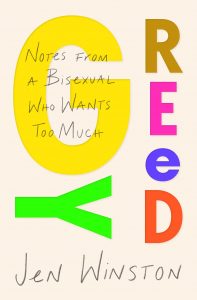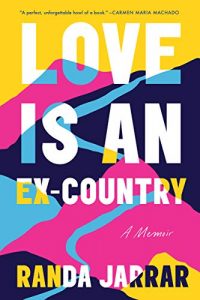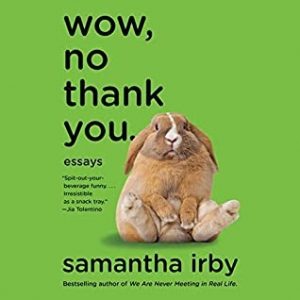Amazon Affiliate Link | Bookshop.org Affiliate Link
In their book of essays, Jen Winston (she/they) covers various topics about her bisexual experience, from the adoption of random behaviors as “bisexual culture” out of a desperation to be seen to the grief of friendships evolving when your best friend becomes a “we.”
Winston talks through internalized biphobia and not feeling queer enough to be part of the LGBTQIA+ community. Throughout her journey of accepting her bisexuality, they learn that it’s not just an identity, but rather a lens through which to reimagine the world. This speaks to the idea that one’s sexual orientation is about more than just sex. It’s about breaking systems that hold us down and don’t allow us to demand what we deserve.
A few essays, especially toward the end of the collection, begin to show Winston’s journey through gender identity as well. She comes to the realization that much of her identity in womanhood is performative and created based on patriarchal values. Accepting their bisexuality led to an understanding of their gender being on the nonbinary spectrum.
BEGINNING OF TRIGGER WARNING: RAPE AND SEXUAL ASSAULT
Winston also opens up about instances of rape and sexual assault in essays like “A Girl Called Rhonda,” “The Power Dynamic” and “The Neon Sweater.” She goes into quite a bit of detail about the events, working through the question that many who experience assault do: Is this really rape? The lines of consent feel blurred in different situations because of social conditioning that tells women not to make a fuss. They even discuss how active, verbal consent isn’t nuanced enough because everybody reacts differently to different situations. Not saying no doesn’t mean it’s a yes.
END OF TRIGGER WARNING
One of the most fun essays was a piece written in the fairytale format. Winston tells the story of being attracted to emotionally unavailable men, an issue that stems from a culture of fairytales.
Overall, this is a funny, heart-wrenching and provocative collection of essays.



